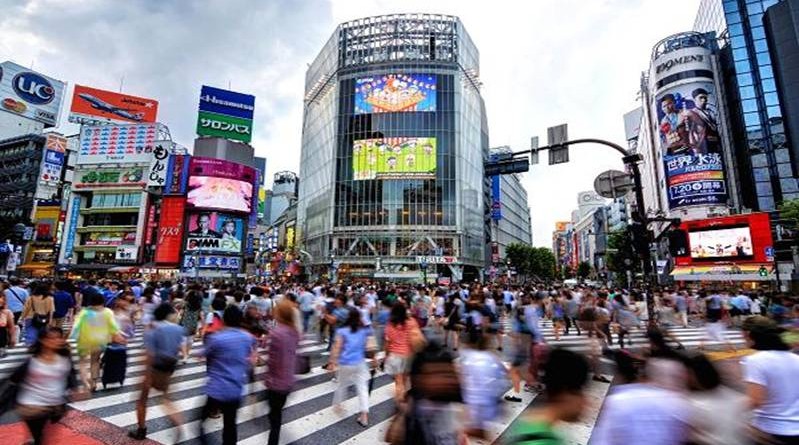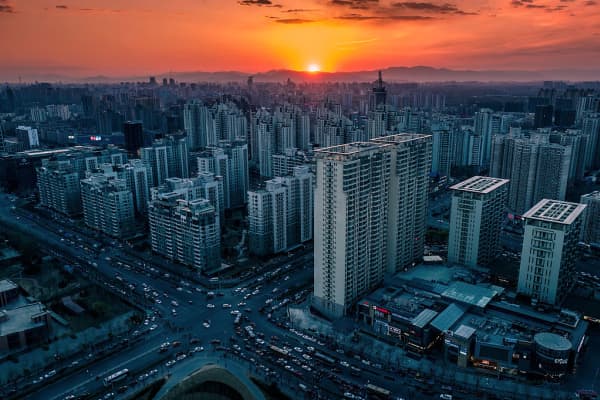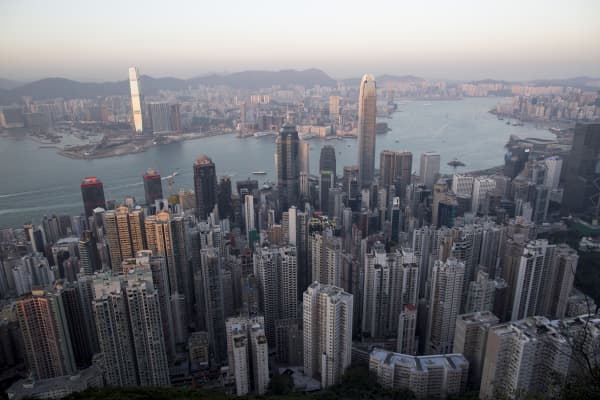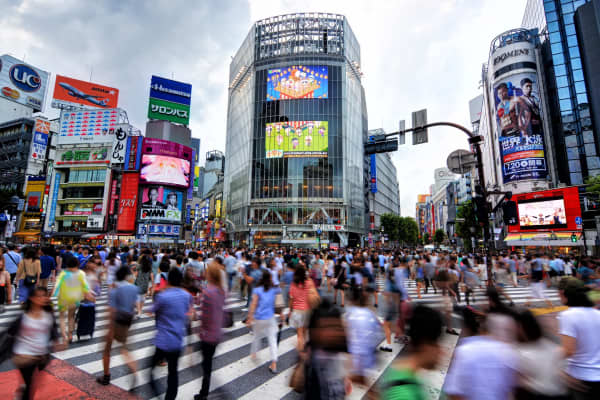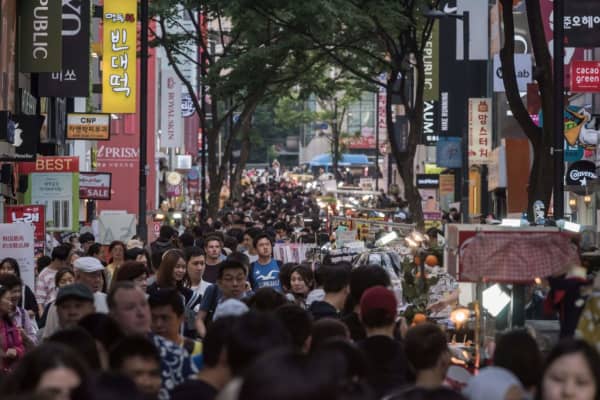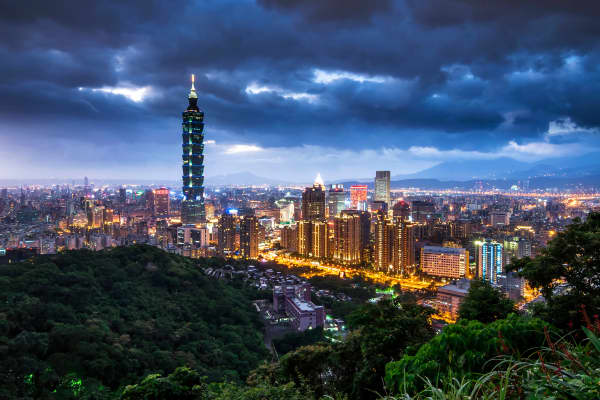The East Asian cities leading the way for entrepreneurs – you can start up for under $3,000
When it comes to start-ups, Silicon Valley has long reigned supreme, staking claim to international success stories from Apple to Facebook.
But the landscape is shifting.
New start-up scenes are popping up across the globe as cities seek to take a piece of the pie and entrepreneurial hopefuls look for new locations to set up shop.
One of the regions leading the way is East Asia.
With access to growing markets, a skilled talent pool and comparatively lower living costs than the Valley and its other Western counterparts, East Asian cities are stepping up to win over entrepreneurs.
CNBC Make It takes a look at the leading start-up cities in the region and how they fare in terms of cost and ease of doing business.
Aside from cost, there are, of course, other factors to consider when launching a start-up, such as community, availability of investment and access to local expertise.
Here’s a closer look at each of the leading cities and what they have to offer aspiring entrepreneurs.
Mainland China
Beijing
China’s capital stands out ahead of its Asian peers in terms of the scale and valuation of its start-up scene. Home to as many as 7,000 start-ups and more than 40 unicorns — businesses with a valuation of more than $1 billion — opportunity and talent abound in the sprawling megacity.
Tech hubs such as Zhongguancun, China’s answer to Silicon Valley, house some of Beijing’s estimated 300 coworking spaces. The wider Haidan District remains the headquarters for some of the city’s greatest success stories, such as Xiaomi and Baidu.
Shanghai
One of the world’s most populous cities, Shanghai enjoys a generally affordable cost of living. It has also made strides to nurture its start-up scene, and some districts provide housing allowances or free rent if businesses choose to register there.
With 2,000 to 3,000 start-ups currently in the city, Shanghai lags behind Beijing in terms of the relative size of its ecosystem. However, the city tends to enjoy a higher success rate in terms of businesses’ abilities to expand internationally — aided by its approximately 500 incubators and accelerators — according to the South China Morning Post.
Shenzhen
Shenzhen has undergone a meteoric transformation in the past three decades, growing from a small fishing village with a population of 175,000 to a metropolis of more than 12.5 million inhabitants. That sudden growth has also spawned a thriving start-up community, boasting global names such as Tencent and OnePlus.
A haven for hardware developers, the city attracts some of the largest volumes of research and development investment of anywhere in the country.
Hong Kong
Hong Kong
Strategically positioned with links to China’s mainland, Hong Kong has long been one of the world’s leading financial centers, but until recently has struggled to replicate that success in its relatively nascent start-up scene.
However, the past few years have seen a boost in entrepreneurial activity and the city now claims more than 2,000 start-ups and around 50 coworking spaces. Last year, Hong Kong celebrated the birth of its first unicorn, van-hailing app GoGoVan.
Japan
Fukuoka
Japanese port city Fukuoka has been growing its reputation as a start-up hub under the leadership of Mayor Soichiro Takashima and is now the country’s designated regulatory sandbox for start-ups. It is also home to Japan’s first six-month start-up visa for foreigners and can provide local entrepreneurs with loans of up to $232,000.
Despite having a relatively modest population of 1.5 million, Fukuoka is Japan’s fastest-growing city outside of Tokyo and boasts the country’s largest proportion of 15 to 29 year olds and a growing expat community.
Tokyo
Tokyo, once the epicenter of a thriving internet start-up scene dubbed “Bit Valley” during the dotcom boom, has struggled to maintain its global dominance in recent years. As a result, investment in start-ups has been poor, despite the city being home to one of the world’s largest investors, Softbank.
However, it remains the capital of the world’s third-largest economy and opportunities abound for start-ups that can provide solutions to the country’s biggest issues, such as its rapidly aging population.
South Korea
Seoul
Seoul, home to half of South Korea’s 50 million-person population, also houses up to 3,500 start-ups and around 100 accelerators, most notably in its famed Gangnam district.
In an effort to build a creative economy, the South Korean government has invested heavily in its start-up ecosystem and last year appointed its first start-ups and small and medium-sized enterprises minister. The country also boasts the highest government backing per capita for start-ups, though that tends to be skewed in favor of Korean nationals.
Taiwan
Taipei
With a population of under 3 million, the capital of Taiwan is relatively modest sized in comparison to other start-up cities in the region. In spite of that, Taipei has long been a global hot spot for hardware development and manufacturing and is home to a notable network of engineering and design expertise.
Entrepreneur visas and subsidies have been made available to non-nationals as part of the Taiwanese government’s efforts to boost the city’s start-up scene. It is currently home to some 50 coworking offices and over two dozen incubators and accelerators.
By Karen Gilchrist, CNBC.Com

